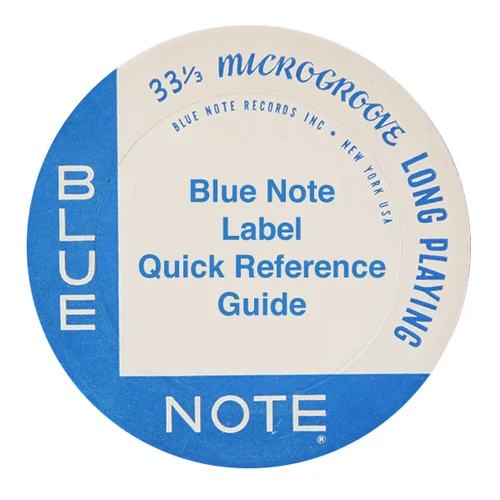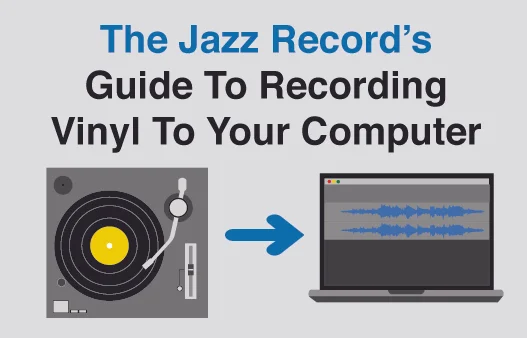Roots Music: Randy Weston - "Little Niles"
/Randy Weston's Music • Little Niles • 1959 • United Artists
Recorded October 1958 at RCA Studios, NYC
The Selection:
The Tracks:
A1. Earth Birth
A2. Little Susan
A3. Nice Ice
A4. Little Niles
B1. Pam's Waltz
B2. Babe's Blues
B3. Let's Climb A Hill
The Players:
Randy Weston - Piano
Johnny Griffin - Tenor Sax
Ray Copeland - Trumpet
Idrees Sulieman - Trumpet (on B2 only)
Melba Liston - Trombone, Arranger
George Joyner - Bass
Charlie Persip - Drums
Langston Hughes - Liner Notes
The Record:
Randy Weston following his muse, 1961.
Photo by Herb Snitzer.
I passed on this gem a few times at the local record shop before pulling the trigger, not because I was unfamiliar with Randy Weston (I knew of him, particularly from his CTI release Blue Moses) and I certainly was more than familiar with the tenor giant Johnny Griffin, but there just always seemed to be another record calling out to me that I just had to have. I finally had the good sense to pick up Little Niles, and I'm glad I did, for while it is an obscure recording (it's not gonna show up on too many must-own jazz records), it is a fantastic record that encompasses everything that digging through the racks for vintage jazz vinyl has to offer the discerning collector.
Weston and Griffin both show why they had extended careers in jazz that lasted decades, their talents are clearly beyond reproach. Ray Copeland on the trumpet is the perfect foil for Griffin, and is well known for his appearance on the timeless classic Monk's Music, but that's where the familiarity with his playing ends for most of us (even after playing on that album he never managed to record an album under his own name). Idrees Sulieman replaces Copeland for "Babe's Blues" and by his playing it's easy to see why he was considered a rising star in the late 1950s, yet his move to Scandinavia in the early sixties resulted in his anticipated fame never really coming to fruition. The rhythm section of Joyner and Persip are great, and both are given quite a bit of room to stretch out throughout the record. Perisp in particular was a busy man in the late 1950s, playing on some classic albums including The Curtis Fuller Jazztet, Hank Mobley's Peckin' Time and Dizzy Gillespie's Sonny Side Up.
Melba Liston
The real revelation for me on Little Niles is the trombonist and arranger Melba Liston. Setting aside the fact that she was one of very few female jazz musicians during the golden age of jazz (the only other ones that quickly spring to mind are Shirley Scott, and then later Alice Coltrane), she holds the whole session together, both with her fluid and emotive playing and her cohesive arrangements of Weston's compositions. In short, she's a great talent, and it's a shame that there aren't more recordings of her outside of her time spent with Weston, who she would play and arrange for on his next two albums - also on United Artists - Destry Rides Again and Live At The Five Spot, as well as a couple more in the early sixties.
The music on Little Niles is rooted in hard bop, with a dose of the African and Caribbean rhythms that Weston liked to bring to his recordings (although those aspects are not nearly as pronounced as they would become on his later works). Every track on the album was composed by Weston, which let's him show off some different stylings, not in a way to intimidate the listener, but rather presenting a warm and diverse palette of sounds and stylings. The music on the album, as Langston Hughes says in the liner notes, was inspired by Weston's two young children Niles and Pamela, expressing musically the ways that they see and feel about the world around them. Liston's arrangements and the musicians deft touch on their instruments help bring Weston's musical vision to life.
Johnny Griffin shows why he is in the discussion for the short list of legendary tenor players: he brings his distinct emotional sound (in this setting a little more gentle than normal as he rests his legendary speedy chops - he was once known as the "fastest tenor in the west") to put down some sensitive and delicate (but no less complex) solos. By 1958 Griffin had already recorded three classic albums for Blue Note (Introducing Johnny Griffin, A Blowin' Session and The Congregation) and earlier in the summer had replaced Coltrane in Thelonious Monk's group and recorded the two classic live albums Misterioso and Thelonious In Action. The fact that he chose to record with Weston is an indication of how respected the pianist must have been, Griffin certainly had his pick who he decided to step into the studio with.
The Vinyl:
Details: This is an original mono copy on the somewhat obscure (when it comes to jazz anyway) United Artists label. UA would initiate a "United Artists Jazz" imprint in the early 1960s, but this predates that by a few years. In the late-'50s the label was still mostly focused on releasing movie soundtracks, making this a unique record in their catalog from the time period.
Price: $15 from a local shop, vinyl in a little less than VG+ condition with some cracks and pops in the quieter passages.
Sound Quality: Excellent vintage sound, exactly what you'd expect from a quality late-1950s release on heavyweight vinyl. On par with similar recordings from this time on Prestige and Riverside, if not quite up to the lofty heights achieved by Van Gelder and Alfred Lion over at Blue Note.
Notes: United Artists is barely in the discussion of record labels from jazz's golden age, yet only about ten years after Little Niles was released the label would find themselves the caretakers of some of jazz's most treasured recordings when they acquired Liberty Records and the Blue Note catalog. While so-called "purists" look down their nose at the United Artists/Liberty period of Blue Note vinyl releases, their subsequent reissues (especially those from the early 1970s) of classic titles offer excellent bargains for the price conscious collector of vintage jazz vinyl. In this case, all of the music from Little Niles along with Weston's other two UA releases can be found on the Blue Note Re-Issue Series LP under the same name released in 1976. These can easily be had for under $20 in excellent condition and would come highly recommended to anyone looking for an affordable way to add this outstanding music to their collection quickly and on the cheap.












